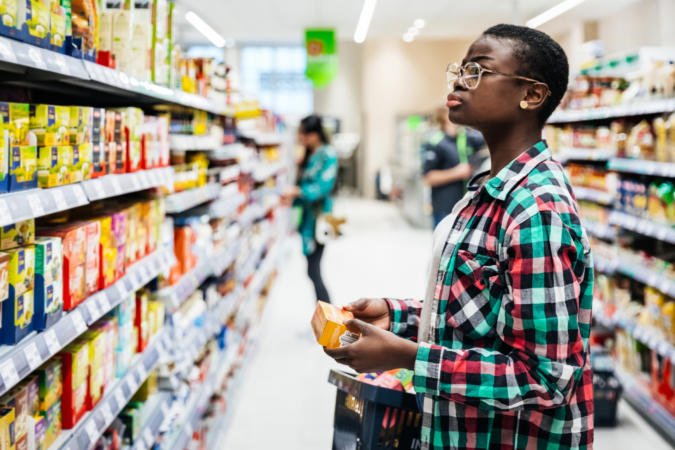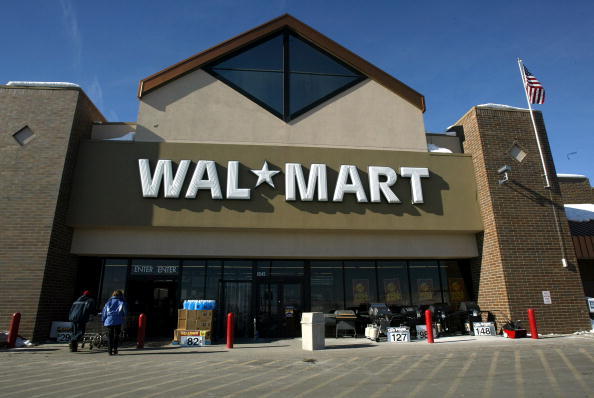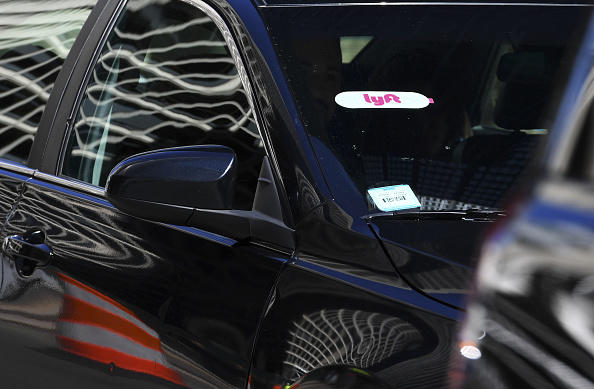All results

As we settle into a new normal, one thing must still get done: grocery shopping. Toilet paper has finally been restocked, you can buy flour (in some places) and folks are settling into a masked, socially distant lifestyle. However, as Black-owned businesses are still taking a hit, it’s imperative to buy Black, from your feminine products to your spices . So whether you brave the outside, shop online, or order from Instacart, here are the five Black-owned items to add to your grocery list. Partake Foods Cookies If you’ve been snacking like crazy, partake in these vegan cookies. Founded by Denise Woodard, these crunchy or soft-baked bites are consumed with a peace of mind. Each cookie is allergy-friendly and healthy, made without the top eight allergens (wheat, tree nuts, peanuts, milk, eggs, soy, fish, and shellfish) and gluten. With the help of a hefty investment from Jay-Z, Woodard’s delicious goods have recently expanded into over 1,600 Target stores . View this post on Instagram...

Getting your groceries delivered is really convenient, but the cost can rack up when you add in delivery fees. Now, Walmart has introduced “Delivery Unlimited,” a new grocery delivery service. First spotted by TechCrunch — the service costs $98 per year or $12.95 monthly. By selecting it, customers are able to skip the per order delivery fee that’s standard for Walmart’s home delivery service. To use the service, customers have to place their orders on Walmart’s site or app. From there, customers are able to choose a time slot for when they want their orders delivered. This is essentially an expansion of Walmart’s grocery program. Previously, it had two options. Customers could shop online and have everything delivered to their local Walmart for free or they could pay $9.95 as a delivery fee for each order. If you order groceries online more than once a month, $98 for the year is a good deal. Without it, you’d be paying more money in delivery fees throughout the year, so it does...

Living far from a grocery store without reliable access to transportation can make eating healthy nearly impossible. Often, people can’t access fresh fruits or veggies, and are dependent on fast food restaurants and corner stores. However, the expansion of one Lyft program may be able to help with that. Last year, the ride-share company piloted its Lyft Grocery Acces s program in Washington, D.C. This program provided families living in food deserts with a $2.50 flat fare to get to the grocery store. Today, Lyft announced that the program would be expanding across the country . In a blog post, Lyft said: “Through this expansion, we look forward to partnering with local organizations and nonprofits to provide low-income families and seniors living in food deserts with deeply discounted flat fare rides to get to and from grocery stores. Affordable and reliable access to transportation can have a huge impact on this problem, and we want to help.” About 23.5 million people in the United...